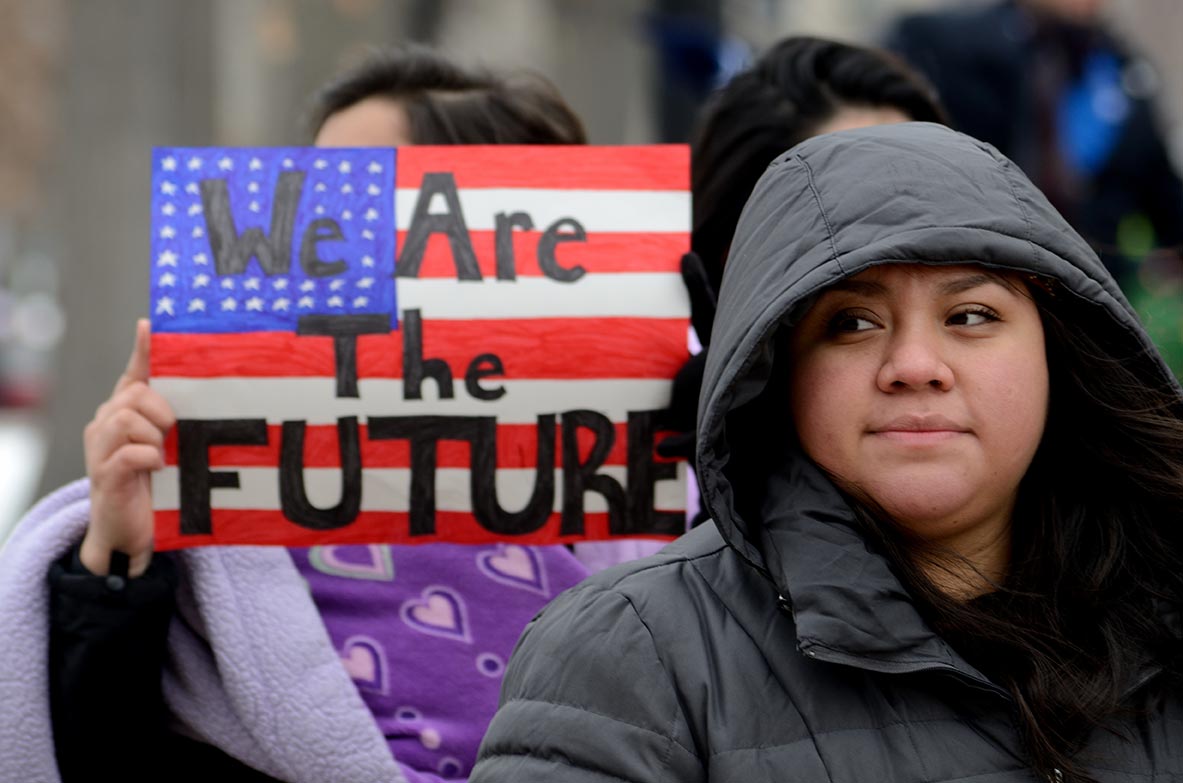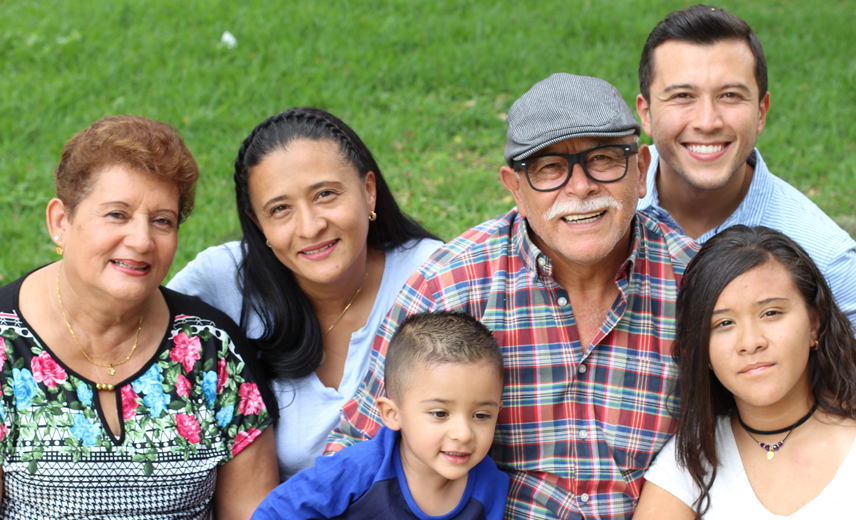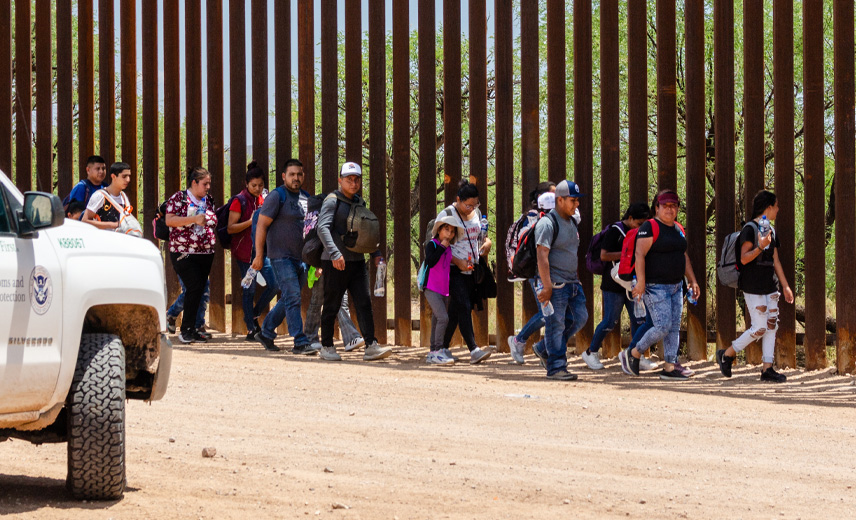Advocating for American Rescue Plan funding for immigration legal services
By Patricia Solis, Senior Program Specialist, Immigrant Integration
When Congress passed the American Rescue Plan Act (ARPA), it provided a significant opportunity for state and local governments to address longstanding inequities and to make investments that would allow communities to make a strong recovery from the pandemic. The second round of American Rescue Plan funds are scheduled to be disbursed in the upcoming weeks to cities and states across the nation.
Many cities and towns are well into their planning phase of how to best use these funds. State and local governments have a lot of freedom when it comes to how the funding can be used, allowing innovative approaches on how cities can help support parts of their communities that were directly impacted and are in dire need of support. ARPA funds allow an opportunity to disburse the funds equitably across the community.
Essential workers were crucial in keeping our day-to-day lives going during the height of the pandemic. Immigrant workers stepped up and provided support to their communities through their labor, all while many of them live with undocumented or temporary status in the United States. One of the many reasons UnidosUS and its partner, the National Partnership for New Americans (NPNA), are advocating for a portion of the American Rescue Plan funds to go toward immigration legal services at the local nonprofit level, is because investing in essential workers during the pandemic should be a top priority. Strengthening the local immigration legal services infrastructure in a community allows immigrants and their family members to have access to low-cost, high-quality immigration application assistance.
According to the Brookings Institution’s national tracker for ARPA funds, of the $18.4 billion tracked to date, 12.3% has been allocated to community aid. Part of that 12.3% is going directly to nonprofit support. Some cities across the country have taken note of the need to support immigrants, and have already budgeted portions of ARPA funds for immigration legal services support. UnidosUS Affiliate Hispanic Unity of Florida received part of the one million dollars in funding allocated by Miami Dade county to assist immigrants from Haiti and Venezuela in applying for temporary protected status. Washington, DC has increased their investment with two million dollars of ARPA funds going toward immigrant justice legal services. Smaller, and equally as notable, efforts in cities like New London, Connecticut, have budgeted $53,820 for the Immigration Advocacy and Support Center. The efforts by these cities to address the needs of immigrant in their communities speaks to their investment in uplifting and providing social support to those who stepped up when their cities needed them. They provided this support through their labor and showing up to work daily at the risk of exposing themselves to COVID-19.
So as cities begin to tackle the process of budgeting the second wave of ARPA funds, we continue to advocate for the strong, inclusive recovery efforts that include providing immigration legal services. We are encouraged that UnidosUS Affiliates like the Tennessee and Immigrant and Refugee Rights Coalition, Hispanic Services Council, and partners like the New York Immigration Coalition are advocating for local elected officials to fund immigration legal services. Support through legal representation and access to reputable and affordable legal services is of great importance to the community members who may be at risk of receiving fraudulent services from “notarios” or legal services whose costs are often out of reach.
One way UnidosUS and its partner NPNA are making a push for the use of ARPA toward immigration legal services is by the development of a tool kit. This information is available to nonprofits interested in learning more about the efforts made and successes achieved in receiving ARPA funds. Continuing the dialogue and raising awareness toward this innovative investment into our communities will help garner the support local organizations may need.



